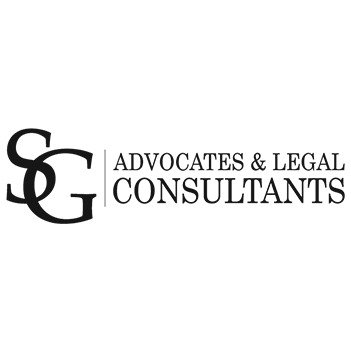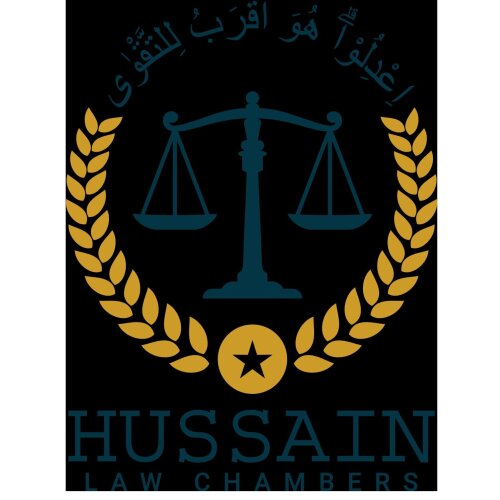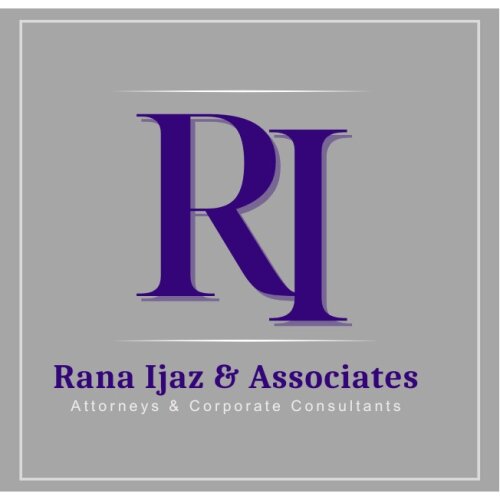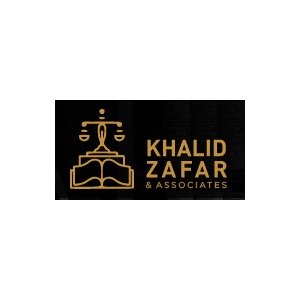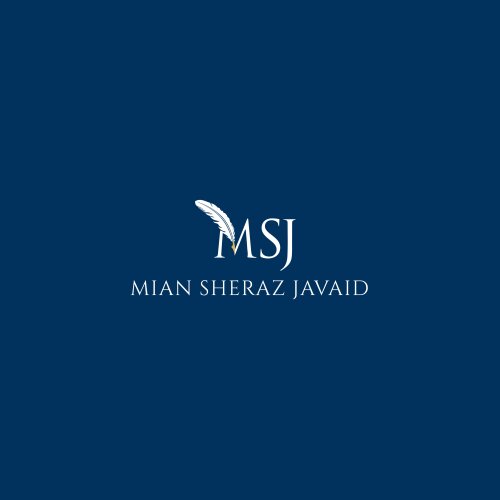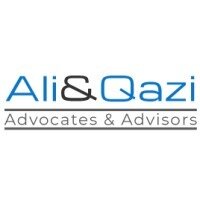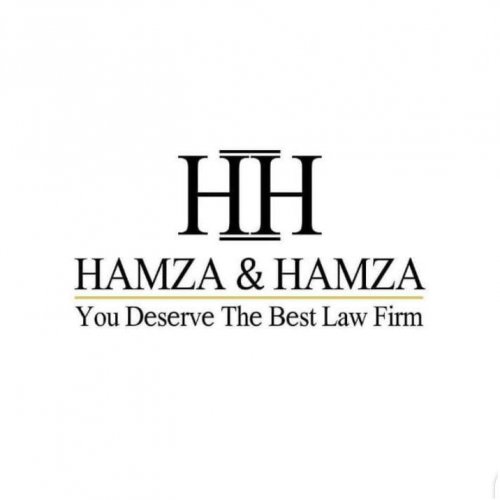Best Government Relations & Lobbying Lawyers in Lahore
Share your needs with us, get contacted by law firms.
Free. Takes 2 min.
List of the best lawyers in Lahore, Pakistan
About Government Relations & Lobbying Law in Lahore, Pakistan
Government relations and lobbying entail activities designed to influence public policy, regulation, or legislation by directly engaging with government officials and agencies. In Lahore, and broadly in Pakistan, this field is evolving, given the increasing need for private sector engagement with the government to ensure that the policies implemented are conducive to business and societal growth. The practice requires understanding the intricacies of legislative procedures, public policy implications, and regulatory frameworks specific to Pakistan.
Why You May Need a Lawyer
There are several scenarios wherein legal assistance may be required in the realm of government relations and lobbying. Businesses and organizations might seek expert legal advice when:
- They need to navigate complex regulatory frameworks and ensure compliance with national and provincial laws.
- There are upcoming government policies that might impact their operations, necessitating lobbying efforts for amendment or advocacy.
- They have to establish or maintain relationships with government bodies, ensuring that all interactions are ethical and legally compliant.
- They face potential legal challenges or scrutiny from regulatory authorities regarding their lobbying activities.
- They plan to engage in public affairs campaigns needing strategic legal guidance.
Local Laws Overview
The legal landscape in Lahore, Pakistan, regarding government relations and lobbying is founded on various national and provincial legislations. Key aspects include:
- The distinction between illegal lobbying activities and recognized advocacy efforts as delineated in local laws.
- Public Procurement Rules that impact how businesses engage with the government on policy issues.
- Regulatory frameworks by the Securities and Exchange Commission of Pakistan (SECP) affecting how lobbying organizations operate.
- Anti-corruption and transparency laws that advocate for disclosure and accountability in lobbying efforts.
- The Local Government Act, which dictates interactions with municipal agencies and their policies.
Frequently Asked Questions
What is the legal definition of lobbying in Lahore, Pakistan?
Lobbying is generally defined as activities aimed at influencing public officials and policymakers on proposed legislations or regulatory changes. The term encompasses various forms of advocacy and engagement with government authorities.
Is lobbying legal in Pakistan?
Yes, lobbying is legal in Pakistan; however, it requires adherence to established ethical guidelines and legal frameworks to ensure transparency and prevent corruption.
What legal frameworks govern lobbying activities?
Lobbying activities are governed by multiple laws focusing on transparency, accountability, and ethical conduct, including anti-corruption laws and specific rules by regulatory bodies like SECP.
Do I need to register as a lobbyist in Pakistan?
While there is no specific lobbying register, entities engaged in lobbying are often required to comply with transparency and disclosure norms under various regulatory frameworks.
How can a lawyer help with lobbying efforts?
A lawyer can provide guidance on compliance with laws, assist in strategic advocacy planning, protect against legal liabilities, and aid in navigating complex regulatory landscapes.
Are there restrictions on gifts to public officials?
Yes, there are strict regulations regarding gifts, aiming to prevent undue influence and corruption, as outlined in national anti-corruption laws.
What are the consequences of illegal lobbying?
Engaging in illegal lobbying activities can result in penalties, including fines, reputational damage, and potential criminal prosecution under anti-corruption laws.
Can NGOs engage in lobbying?
Non-governmental organizations can engage in advocacy and lobbying, provided they operate transparently and in compliance with applicable laws and ethical standards.
What should I consider before engaging with a government official?
Ensure compliance with all relevant laws, adhere to ethical standards, prepare comprehensive proposals, and seek legal guidance to navigate potential legal pitfalls.
Is there a code of conduct for lobbyists in Pakistan?
While there is no specific code, general principles of ethical conduct and guidelines issued by regulatory agencies provide a framework for responsible lobbying.
Additional Resources
For more information and resources on government relations and lobbying in Lahore, Pakistan, you may consider contacting:
- The Lahore Chamber of Commerce and Industry (LCCI)
- The Securities and Exchange Commission of Pakistan (SECP)
- The Transparency International Pakistan chapter
- The Punjab Board of Investment & Trade
Next Steps
If you require legal assistance for government relations and lobbying, consider the following steps:
- Consult with a lawyer specializing in corporate law or regulatory affairs to understand the legal landscape.
- Evaluate your organization's current compliance with local laws and regulations.
- Develop a strategic legal plan for engagement with government bodies, ensuring all activities are within legal and ethical boundaries.
- Reach out to local chambers or legal firms for references to experienced legal professionals in this field.
By taking these steps, you can navigate the complex landscape of government relations and lobbying law in Lahore, ensuring effective and compliant advocacy efforts.
Lawzana helps you find the best lawyers and law firms in Lahore through a curated and pre-screened list of qualified legal professionals. Our platform offers rankings and detailed profiles of attorneys and law firms, allowing you to compare based on practice areas, including Government Relations & Lobbying, experience, and client feedback.
Each profile includes a description of the firm's areas of practice, client reviews, team members and partners, year of establishment, spoken languages, office locations, contact information, social media presence, and any published articles or resources. Most firms on our platform speak English and are experienced in both local and international legal matters.
Get a quote from top-rated law firms in Lahore, Pakistan — quickly, securely, and without unnecessary hassle.
Disclaimer:
The information provided on this page is for general informational purposes only and does not constitute legal advice. While we strive to ensure the accuracy and relevance of the content, legal information may change over time, and interpretations of the law can vary. You should always consult with a qualified legal professional for advice specific to your situation.
We disclaim all liability for actions taken or not taken based on the content of this page. If you believe any information is incorrect or outdated, please contact us, and we will review and update it where appropriate.





